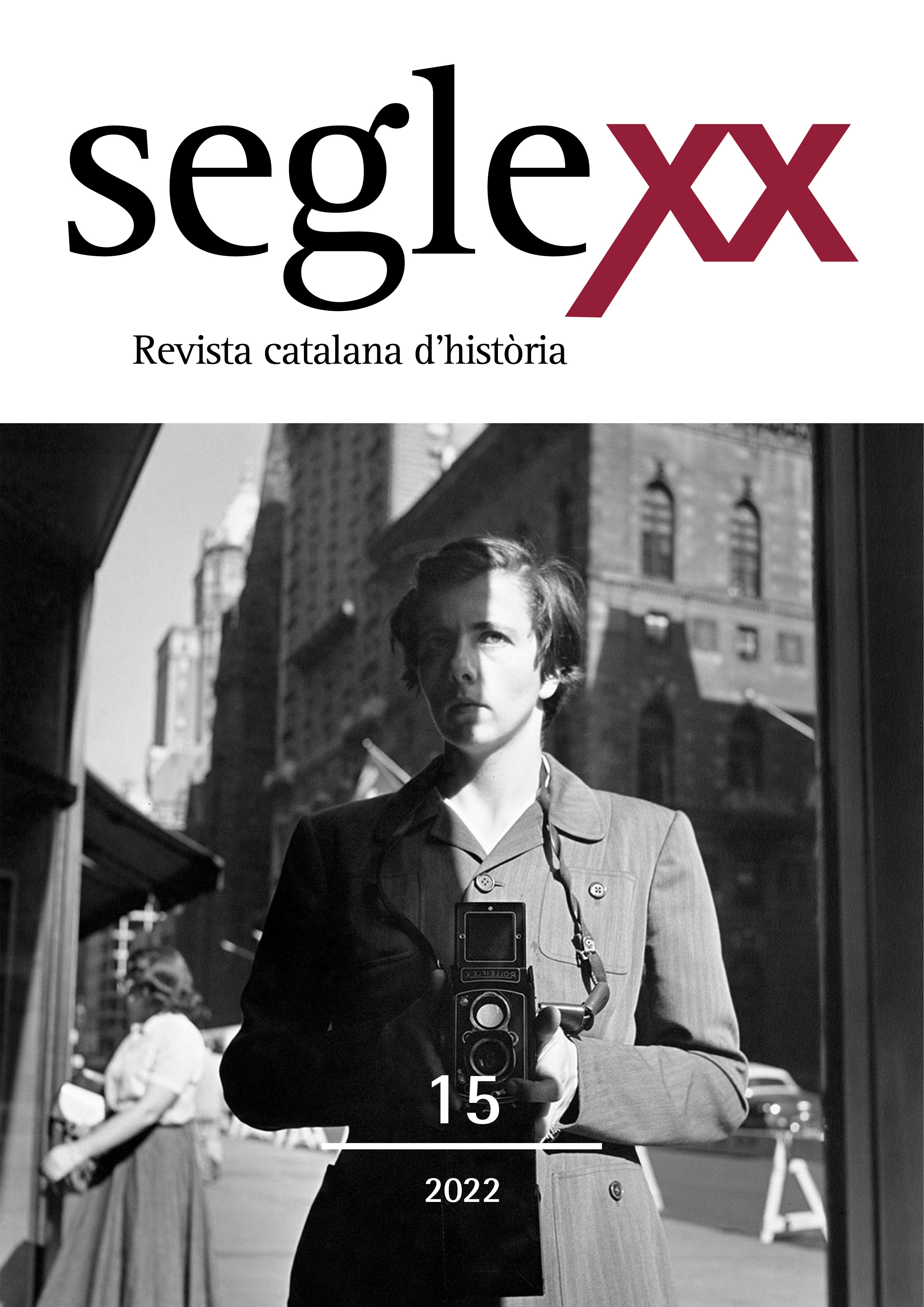On peace in history
Keywords:
Peace, War, International Law, Pacifism, ImperialismAbstract
This essay proposes a journey through the emergence and development of the complex concept of peace in Western politics. In its beginnings, peace was born as an inseparable concept from that of war and violence. Only recently has war begun to be considered an “anomaly.” The Enlightened tradition was the first to advance in this direction by declaring peace as a natural right. However, Darwinism, with its anthropological racism, and European expansion returned war to its former prominence. We will have to wait for the 20th century for pacifism to become a new morality and liberalism to universalize the market so that the idea of peace returns triumphant now under the cover of international law and Human Rights. This study covers the origins and main ideological and political contributions of this development.
Downloads
References
ARENDT, H., 2014 On Violence, Stellar Classics, Cheshire.
Galtung, J., 1969. "Violence, Peace, and Peace Research", Journal of Peace Research (6:3), pp. 167-191.
HARCOURT, B., 2012. The Illusion of Free Markets: Punishment and the Myth of Natural Order, Cambridge.
KEYNES, J. M., 1920. The Economic Consequences of the Peace, Nueva York.
KOSKENNIEMI, M., 2002. The Gentle Civilizer of Nations: The Rise and Fall of International Law, 1870-1960, Cambridge.
MORRIS, I., 2015. War! What Is It Good For? Conflict and the Progress of Civilization from Primates to Robots, Nueva York.
MOYN, S., 2012. The Last Utopia: Human Rights in History, Cambridge.
NIRENBERG, D., 2014. Anti-Judaism: The Western Tradition, Nueva York.
OFFENSTADT, N., 2007. Faire la paix au Moyen Age: discours et gestes de paix pendant la guerre de Cent Ans. París.
PINKER, S., 2011. The Better Angels of our Nature. Why Violence has Declined. Viking.
SENGHASS, D., 2007. On Perpetual Peace: A Timely Assesment, Oxford.
TAUSSIG, M., 1984. "Culture of Terror-Space of Death: Roger Casement’s Putumayo. Report and the Explanation of Torture", Comparative Studies in Society and History, (26:3), pp. 467-497. 3, julio.
WHITMAN, J.Q., 2014. The Veredict of Battle: The Law of Victory and the Making of Modern War, Cambridge.
Downloads
Published
How to Cite
Issue
Section
License

This work is licensed under a Creative Commons Attribution-NonCommercial-NoDerivatives 4.0 International License.
The author who publishes in this journal agrees to the following terms:
a. The author exclusively assigns all intellectual property rights to the publisher worldwide and for the entire duration of the applicable intellectual property rights.
b. The publisher will distribute the texts under the Attribution-NonCommercial-NoDerivs 4.0 International, which allows the work to be shared with third parties, as long as they acknowledge the authorship, the initial publication in this magazine and the conditions of the license.












